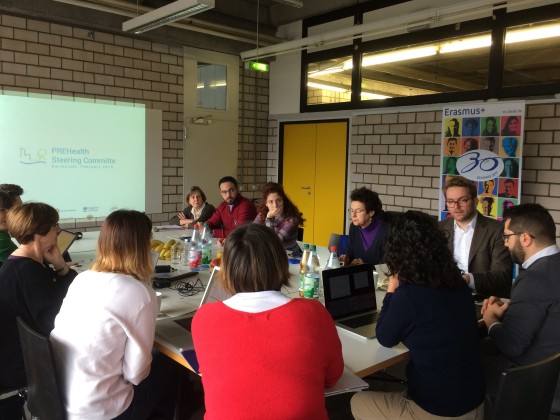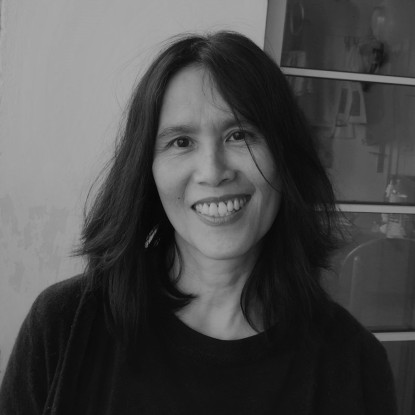PREHealth investigates urban open space and how people’s affordances can be put into the centre of planning in order to maximize their benefits for health and wellbeing. The main aim of the project is to encourage city dwellers to place green and blue infrastructures in open spaces more actively in their lives and daily routines. This includes changing attitudes and behaviours towards the role, shape and maintenance of open spaces, through education at all levels: school, university and adult learning. The project also aims to promote active citizenship, by establishing interactive mechanisms for public participation and co design, allowing the citizens to take a more active role in creating environments that support healthy lifestyles.
Project team
Jun.-Prof. Dr.-Ing. Martin Knöll
Dipl.-Ing. Marianne Halblaub Miranda
Gladys Vásquez Fauggier, M.Sc.
Dr.-Ing. Karin Diegelmann
cand. soz. Camilo Pfeffer
Project partners
Technical University Darmstadt
Utrecht University, The Netherlands
PRISMA – Planning and Research Consultants, Athens
Széchenyi István University, Győr
City of Darmstadt
City of Athens, Greece
City of Győr, Hungary
City of Eindhoven, The Netherlands
Duration
The project runs for 32 months, from Dec 2016 to July 2019 and is implemented in Germany, Greece, Hungary and the Netherlands.
Funding
The Project is funded by the ERASMUS+ grant program of the European Union under grant no. 2016-1-DE01-KA203-002919









